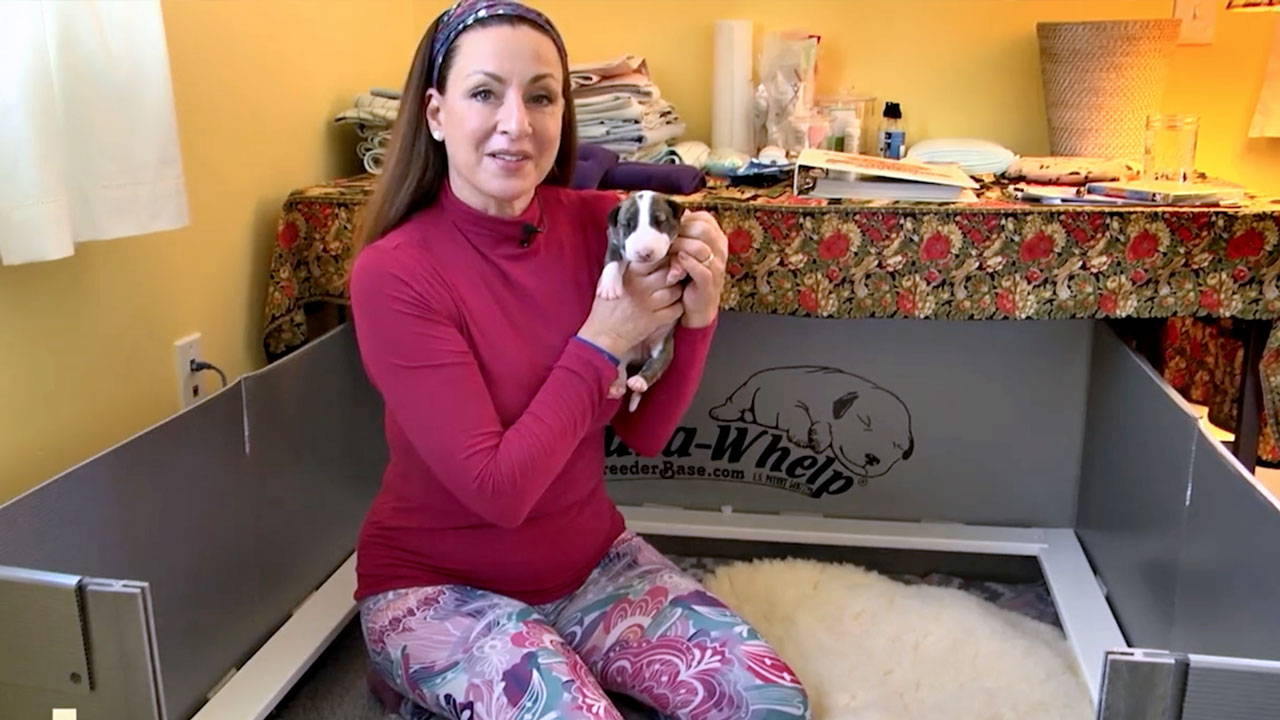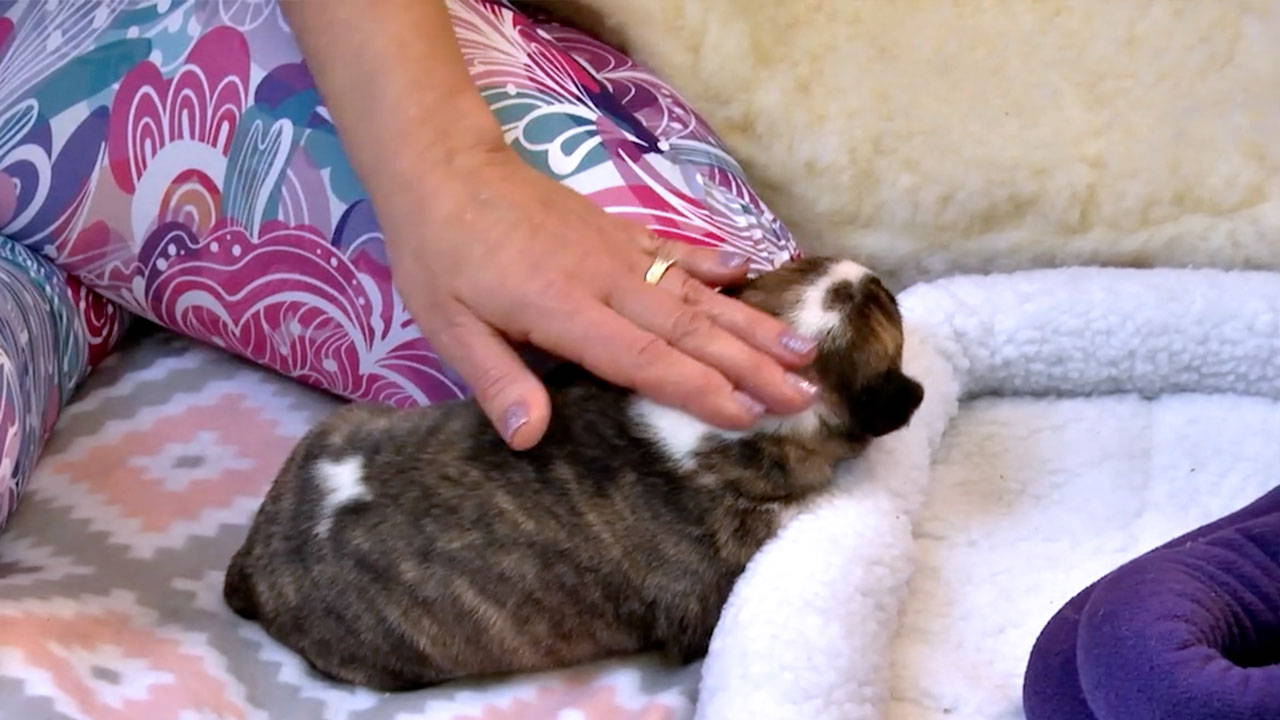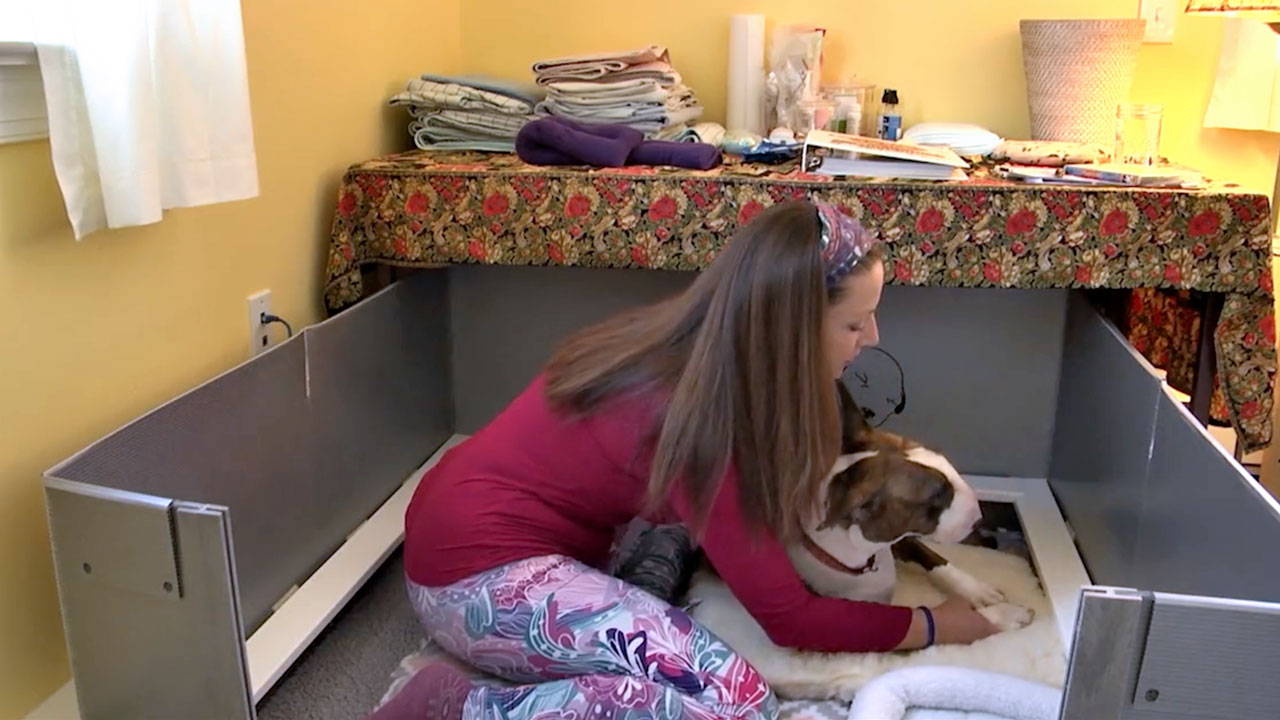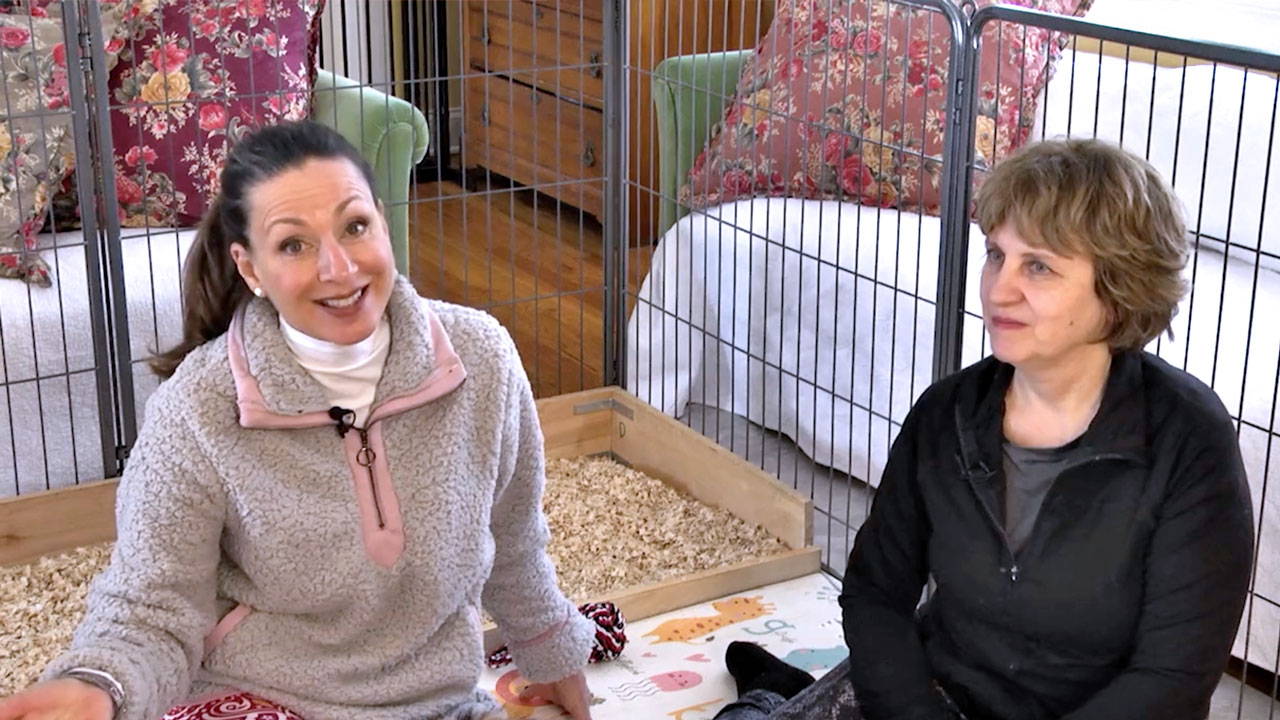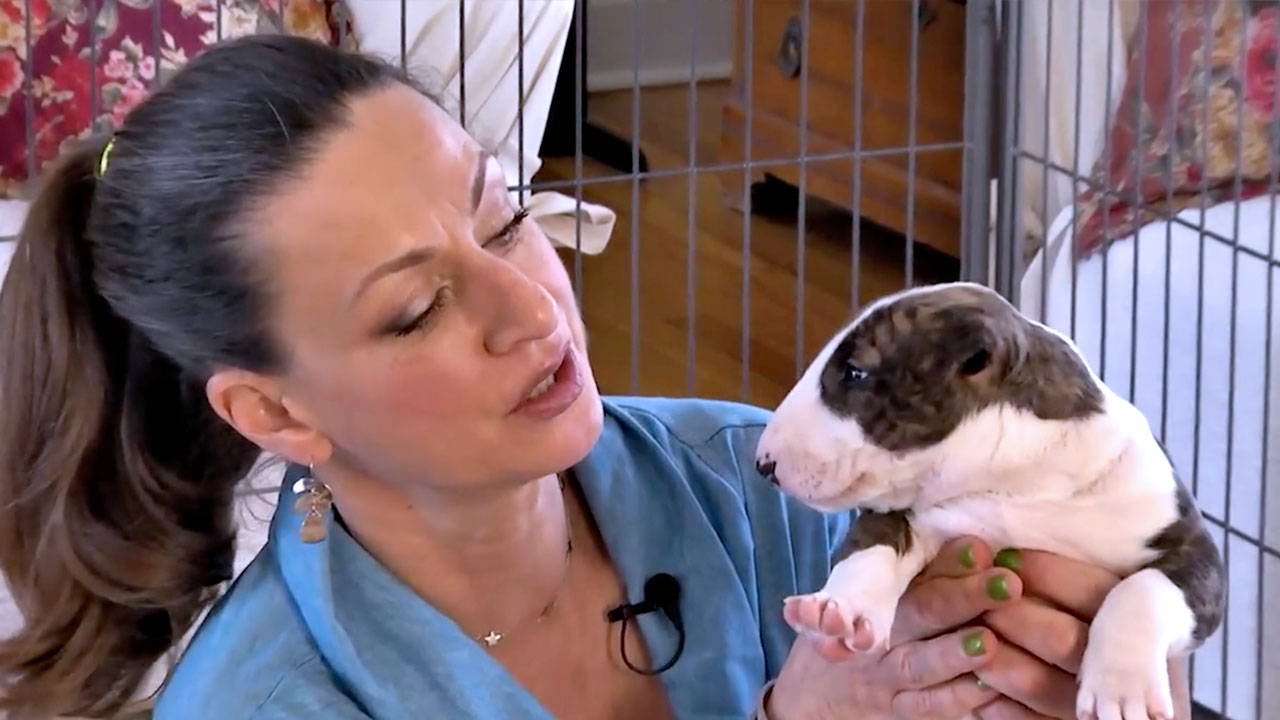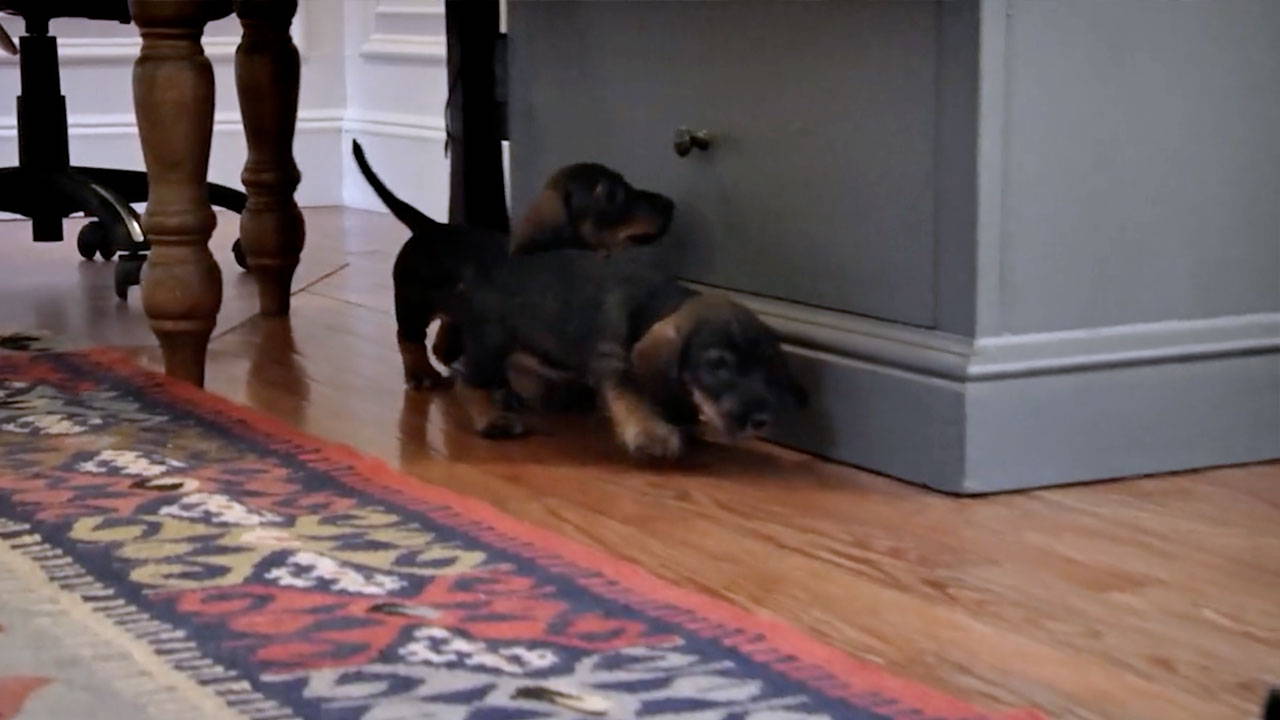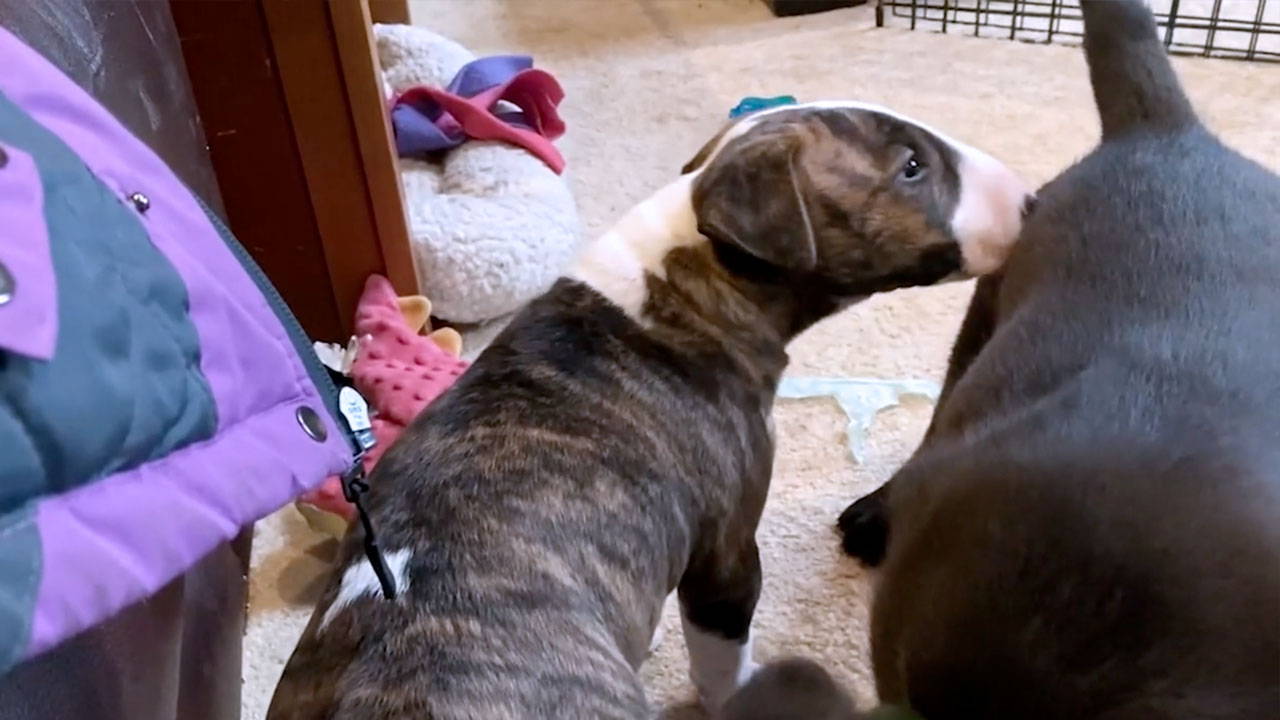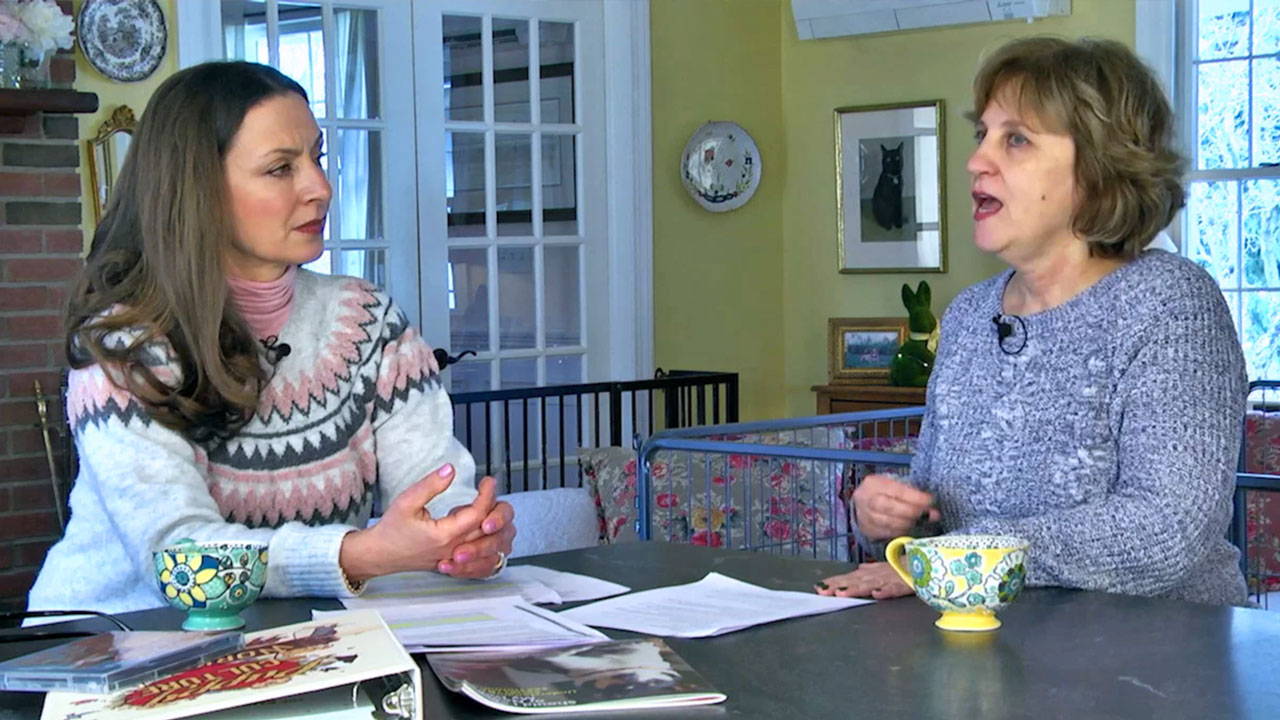
The Joy of Singletons
How to adjust to raising a single puppy litter
A breeders course covering from birth through 12 weeks old. You’ll learn all the extras and adjustments you need to raise your singleton to be an awesome dog!
7 hours 20 mins
Online Course
Jane Messineo Lindquist
Instructor
Full lifetime access
45
Video Lessons
Magda Chiarella
Guest Speaker
Certificate of completion
$99.00 USD

Course Preview Videos
Course Overview and FAQs
- Overview
- FAQs
Who’s afraid of the big, bad, singleton? Not us!
Singletons are just as likely as any other puppy to grow to well-adjusted adults, but you do have to do things differently than you would with a multi-puppy litter.
This course is for breeders and covers from birth through 12 weeks old. You’ll learn all the extras and adjustments you need to raise your singleton to be an awesome dog!
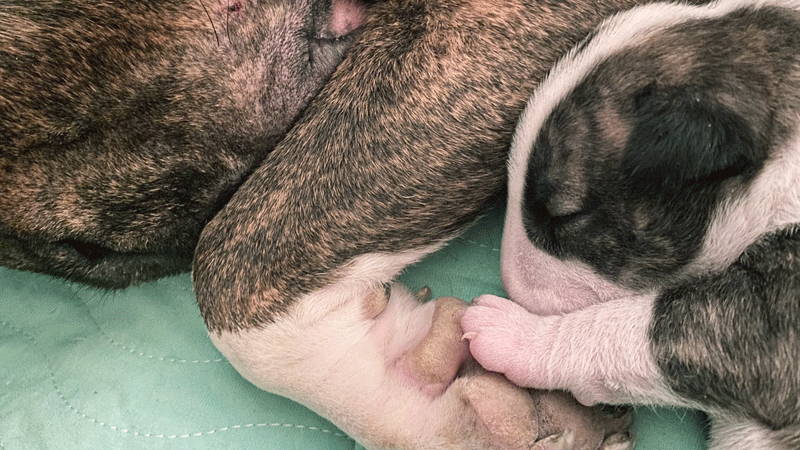
What you’ll learn
Key Stimulation Exercises for Singletons
Helping C-Section Mothers learn mothering skills
Milk Production and the Singleton Litter
Protocol and Weaning Pen Modifications for Singletons
Special Considerations Regarding Emotional Development of Singletons
Practical advice for Setting up Socialization Experiences for Singletons
Important Nutritional Concerns for Singletons
Course Syllabus
12 Units 45 Lessons 7hrs 20m total
01
"Master" Resources
02
Considerations for the Singletons in the Neonatal and Transitional Periods
(Birth to Approximately Three Weeks Old)
Introduction 02:43
Singleton Mythology 04:29
Viewer Questions 02:19
Mother's Pudding Recipe 2 pages
03
Week One of the Socialization Period for Singletons
(Approximately 3-4 Weeks Old)
04
Week Two of the Socialization Period for Singletons
(Approximately 4-5 Weeks Old)
05
Week Three of the Socialization Period for Singletons
(Approximately 5-6 Weeks Old)
06
Week Four of the Socialization Period for Singletons
(Approximately 6-7 Weeks Old)
07
Week Five of the Socialization Period for Singletons
(Approximately 7-8 Weeks Old)
Overview 01:23
08
"Socialization" of the Gut Biome
09
Week Six of the Socialization Period for Singletons
(Approximately 8-9 Weeks Old)
10
Week Seven of the Socialization Period for Singletons
(Approximately 9-10 Weeks Old)
11
Fermenting Foods for Dogs and Closing
12
Certificate of Completion
Course Lecturer

Jane Messineo Lindquist
Creator of Puppy Culture, author of When Pigs Fly, and breeder of Madcap Bull Terriers
About
Jane Messineo Lindquist (Killion) is the director of “Puppy Culture the Powerful First Twelve Weeks That Can Shape Your Puppies’ Future” as well as the author of “When Pigs Fly: Training Success With Impossible Dogs” and founder of Madcap University.
Jane has had Bull Terriers since 1982 and she and her husband, Mark Lindquist, breed Bull Terriers under the Madcap kennel name.
Her interests include dog shows, dog agility, gardening, and any cocktail that involves an infused simple syrup.
Premium Section
No access yet for this chapter. Would you like to enroll in the course?
You Already Have This Title in Your Cart?
This Access for myself title is already in your cart.
If you are looking to purchase additional copies of this title to share with others, unfortunately we don't offer Access For Others vouchers for this item.
Instead, they will need to purchase this title for themselves.

